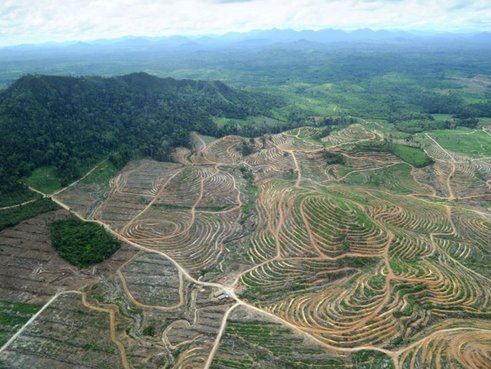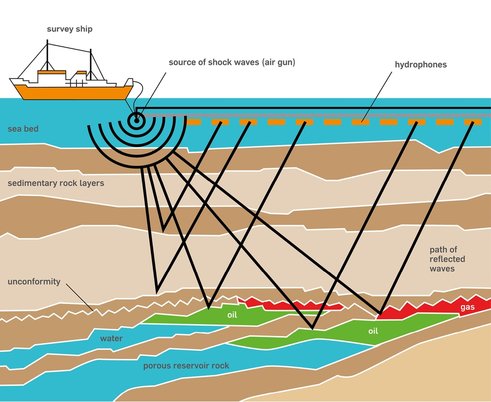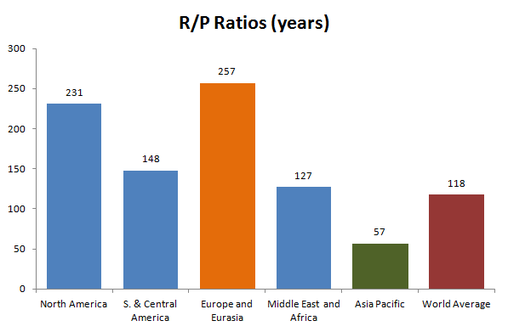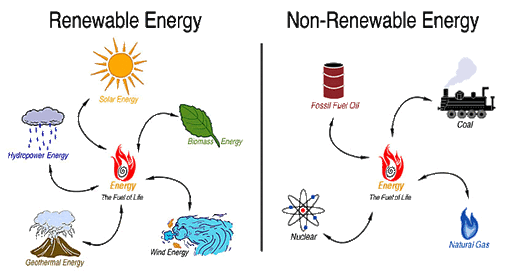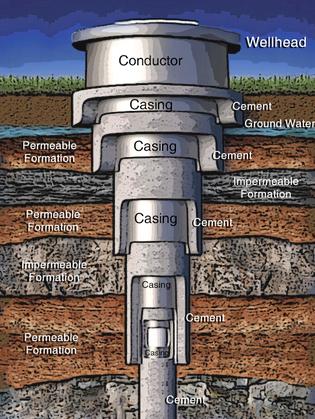Facts about Petroleum
by Phoomphavis Boonsrirojna
by Phoomphavis Boonsrirojna
This topic includes many interesting and perhaps funny contents. So, here we go!
1.Petroleum and where to find them
We believe that some people don’t know about the processes that we use to find oil and gas, many people think that oil and gas can be found easily. In fact, the methods to find petroleum resources are quite complicated and very expensive.
1.Petroleum and where to find them
We believe that some people don’t know about the processes that we use to find oil and gas, many people think that oil and gas can be found easily. In fact, the methods to find petroleum resources are quite complicated and very expensive.
|
FALSE
|
TRUE
|
2.The last drop of oil.
|
Have you ever heard that the earth is running out of oil very soon?
Perhaps it is true, but it is depended on what do you think about the word “soon”. Today, the world has many kind of sources of energy. Not only coal and oil, but there are also nuclear energy from Uranium, wind energy, thermal energy and many kinds of renewable energies. And we don’t use oil only for the source of energy. Oil and gas can also be used in many industries feedstock. In conclusion, we have many kinds of energy resources so oil won't run out too soon. If you want to know the number of years, it is approximately 100 years or more! If you want to know more about what number we use to calculate the number of years, the r/p ratio is the number that show relation between reserve (amount of oil and gas that we have in that place) and production rate (amount of oil and gas that is produced per day), so the result is years that we can produce oil and gas One more thing! R/P ratio is not constant. Because reserves can be improved in every year and production rate can be adjusted and changed for our plan, so the number of years that R/P ratios show is just the number of years that we can produce oil and gas if we don’t find new reserve and still use the same production rate. |
3.Petroleum and Environment
|
Have you ever heard that petroleum industries harm the environment?
And today many people still believe this. The truth is, before the oil company can drill the well, there are many process to do and exploration of geology structure is one thing to do. Moreover, to get the right to drill the well we have to go through many law processes to make sure that we can drill the well in that place and we don’t harm the environment. Also, even in the drilling process there are still many procedures to make sure that it is safe for environment. For example, we have to use casing to make sure that the well is strong and it can also prevent oil and chemicals leaking into groundwater. We wont't say that everything is safe 100%, but at least we make sure that we follow every safety protocols. |
